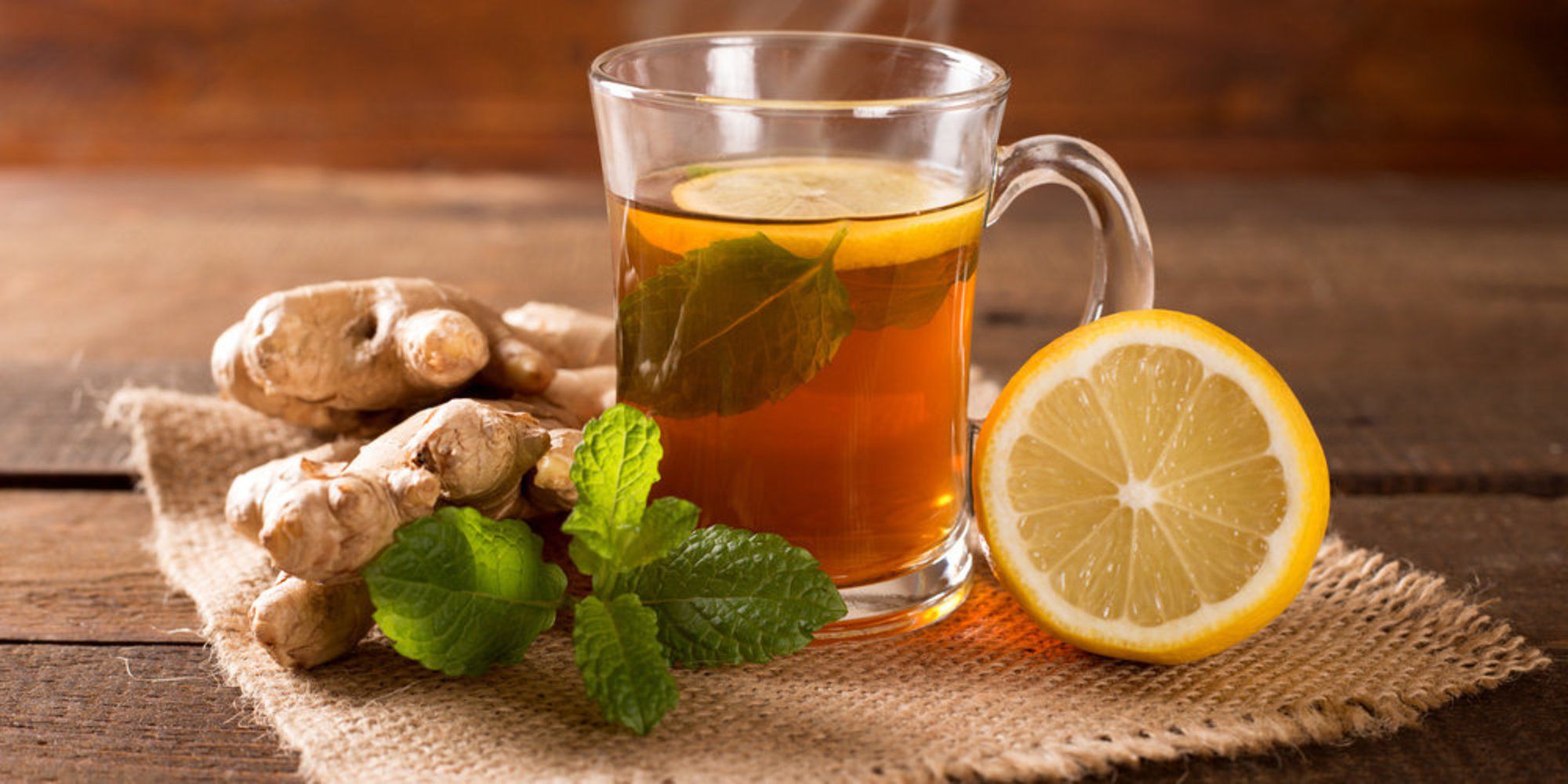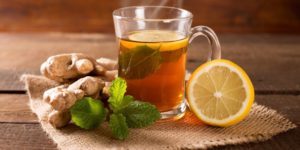
 While a strong cup of immunity-boosting tea had in the morning can energise you for the day, a light cup of the same tea had after work can relax frayed nerves
While a strong cup of immunity-boosting tea had in the morning can energise you for the day, a light cup of the same tea had after work can relax frayed nerves
While we yearn for iced teas and cold smoothies in summer, we long for the comfort that a hot cup of tea brings in winter. Yet perhaps with the rush of daily life, we don’t give much thought to choosing teas, which can always be given a healthy twist.
Atul Rastogi, president, Luxmi Tea Company Private Limited, recommends the top immunity-boosting teas for winter.
Masala chai
‘Masala’ or spice immediately brings to mind a ‘heaty’ concoction, which is exactly what ‘masala chai’ is. A mixture of spices such as cinnamon, cardamom, cloves and ginger keeps you warm. These spices have antibacterial, antifungal and anti-inflammatory properties which work efficiently to keep cough, cold and seasonal allergies at bay.
Ginger tea
Ginger helps to relieve various kinds of body aches. It can be enjoyed as black tea or with milk. Sugar can be replaced with jaggery to enhance the health benefits of this tea which boosts blood circulation and immunity.
Tulsi green tea
An inconspicuous pair – tulsi and green tea make for a splendidly potent antibacterial, antiviral, antifungal and anti-inflammatory tea with immunity-boosting properties. In terms of medicinal value, tulsi is rich in vitamin A, vitamin C and zinc. Subtle in taste but strong in bioactive compounds, green tea boosts health by reducing oxidative stress and blood sugar levels while increasing the body’s rate of metabolism.
Kashmiri kahwa
Consisting green tea-flavoured with saffron, cinnamon, cardamom, cloves, dried fruits such as cherries, apples and raisins in varying quantities and myriad combinations of pine nuts, pistachios, walnuts, almonds, cashew nuts, dried apricots and dates, ‘Kashmiri Kahwa’ is distinguishable. Here’s a beverage that makes your supple skin, supports your weight loss goals, assists digestion, reduces stress, and also works well as a decongestant.
Darjeeling tea
Darjeeling tea has a distinct natural flavour with notes of citrus fruit, flowers, and some may even say a vegetal quality. Flavonoids or phytonutrient-rich plant pigments present in tea are said to reduce cholesterol levels, one of the leading causes of high blood pressure and consequently, heart disease. Polyphenols present in the tea leaves help fight inflammation and lower blood sugar.
“While a strong cup of immunity-boosting tea had in the morning can energise you for the day, a light cup of the same tea had after work can soothe and relax your frayed nerves. Having said that, there’s no perfect time of day for a cup of hot tea in winter! Relax, refresh, recuperate and rejuvenate with the amazing health benefits of nature’s bounty,” mentioned Rastogi.







